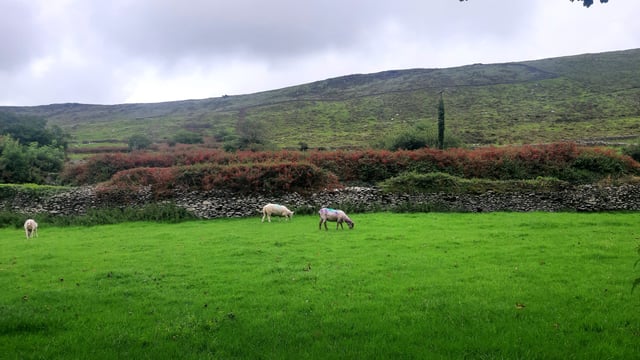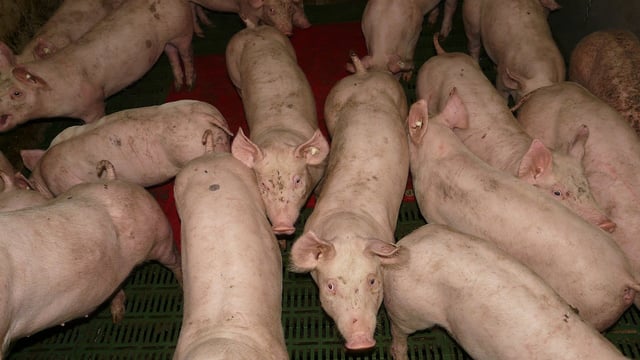EU-US trade deal 'presents further challenges' to farm families
The Irish Farmers' Association (IFA) has said that the proposed EU-US trade agreement that was announced at the weekend will present further challenges to Irish farm families.
The trade agreement will see a 15% tariff on the majority of EU exports to the US.
"While the proposed tariff of 15% is lower than the threatened 30% rate, it still represents a significant challenge for the Irish agri-sector on a number of fronts," IFA president Francie Gorman said.
"We are still awaiting the finer details of the agreement, but given Ireland's reliance on the US market, both in agriculture and beyond, its impact will be significant on Irish farm families both directly and indirectly.
Ireland exported around €1.9 billion worth of food and drink products into the US market in 2024. The country accounts for around 11% of our total food and drink exports.
Within the €1.9 billion figure, dairy at €830 million and drinks, predominantly whiskey, at €900 million, accounted for 91% of what we exported. We also export pigmeat (€23 million last year), beef (€8.8 million last year) and seafood (€3.8 million last year).
"Prior to the introduction of tariffs by the Trump administration in April, Irish butter was subject to a tariff rate of about 16%. Initial reports indicate that the proposed new 15% tariff rate will be a replacement for existing tariffs and will not be ‘stacked’ on existing tariffs," according to Gorman.
"Should this be the case, it would reduce the impact of the proposed new tariffs in the Irish dairy sector significantly."
The IFA said that it is currently unclear what level of tariff will be imposed on other products, such as Irish whiskey and liqueurs, where a 15% tariff rate would be "quite challenging given they previously operated on the basis of zero tariffs".
"The trade deal will create many other indirect challenges as well. The UK, which struck a 10% tariff deal, now benefits from a lower tariff than Ireland, making them more competitive in the US market compared to Irish goods," Gorman said.
The IFA president added: "It also means a differential tariff between exports north and south of the border. Furthermore many farm households rely on employment from US multinationals which may also be negatively impacted by these new tariffs."
"From an Irish and European farmers perspective, the cost of any additional tariff will ultimately be borne by the primary producer.
"It's against the backdrop of a potentially devastating Mercosur trade deal along with plans to massively cut the EU CAP [Common Agricultural Policy] budget. Yet again we are left with the potential for farmers to be the fall guys on the back of EU trade and policy developments," Gorman said.





